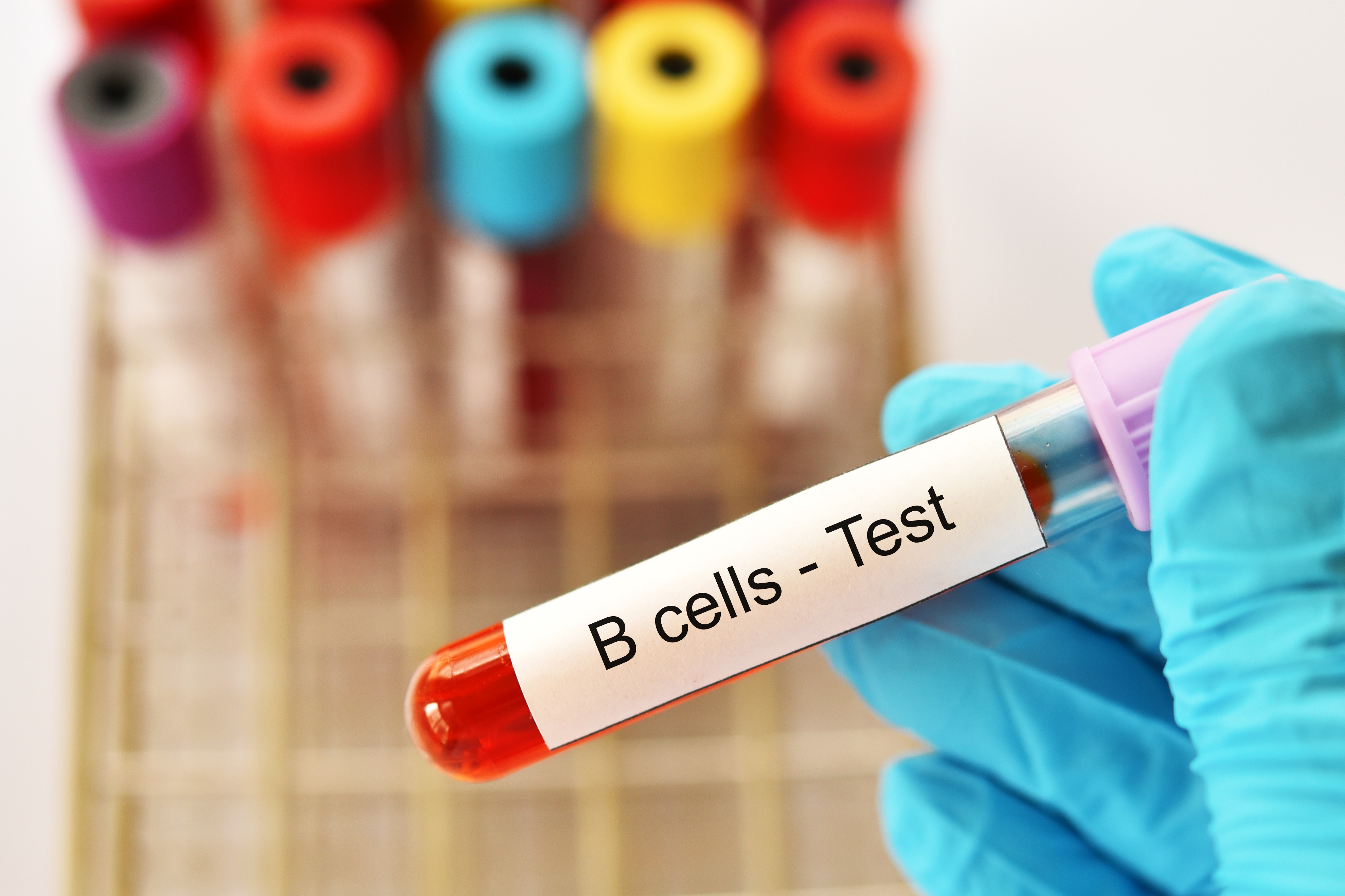B cells (like some T cells) exposed to infections persist in the body and if new infections are found, reactivate to respond quickly. It is thanks to these cells that we are protected against many infectious diseases. In the case of COVID-19, these cells retain a memory of segments of the virus spike protein. Here, the researchers find in hospitalized patients, 1 to 5 months after the onset of symptoms, that in milder cases, the B lymphocytes retain a better memory of the infection.
Corresponding author Dr Evelien Bunnik, professor of microbiology, immunology and molecular genetics speaks of “subtle differences” in the quality of the immune response depending on the severity of COVID-19.
–
The need for mechanical ventilation or ECMO is a good indicator of poor immune memory
Research is focusing on memory B cells that react against the SARS-CoV-2 spike protein by analyzing blood samples 1 month and then 5 months after symptom onset. Mild cases were defined as those not requiring supplemental oxygen or invasive ventilation, while severe cases were defined as requiring invasive mechanical ventilation or extracorporeal membrane oxygenation (ECMO). This analysis finds that:
- at 1 month, a significant proportion of Spike-specific B cells are active;
- 8 patients who recovered from a less severe form show increased expression of markers (T-bet and FcRL5) associated with durable B cell memory compared to participants who recovered from a more severe form;
- spike-specific, T-bet-positive B cells almost disappeared from blood samples 5 months after symptom onset;
- however, overall, a more dysfunctional B cell response is seen in severe cases of COVID-19.
“The need for mechanical ventilation or ECMO makes it possible to distinguish the most critical patients, the very ones who are most likely to develop altered immune responses”, conclude the authors. Lead author Dr Thomas Patterson, Professor and Head of Infectious Diseases at UT Health, concludes: “The increased percentage of B cells associated with long-lasting immunity in non-severe COVID-19 patients may have implications for long-term immunity to reinfection with SARS-CoV-2 and the severity of the disease that results ”.
–


